Reading time:
4 minutes
Do I still care about this?
How I used my product design skills to build something weird, honest, and fully mine — and in the process, reconnected with why I started designing in the first place.
July 8, 2025
Design
This browser doesn't support native share
Reading time:
4 minutes
Do I still care about this?
How I used my product design skills to build something weird, honest, and fully mine — and in the process, reconnected with why I started designing in the first place.
July 8, 2025
Design
This browser doesn't support native share

A few months ago, I hit a wall.
After 12+ years of designing products, building brands, and leading teams, I realized I didn’t feel connected to any of it anymore.
Design started to feel like following rules. Not solving problems.Not making anything real.
So I started something small — just for myself.
No client.
No roadmap.
No stakeholder feedback.
Just an experiment:
Could I use the same skills I’ve built as a designer — branding, copywriting, product thinking — to create something weird and specific that people actually want?
That project became Weird Castle.
It started with one hat.
And it turned into a brand.
Not because I planned it that way — but because I followed the work.
Earlier this year, I felt stuck.
I’ve been a designer for over a decade — individual contributor, head of design, founder. I’ve built startups, led teams, shipped products. I know what I’m doing. But something was off.
I wasn’t excited to open Figma. Everything I designed felt like a safer version of something I’d already made. Even the risks felt controlled.
And after moving back to Ohio, I had more space — mentally and physically — to sit with the question:
Do I still care about this?
That’s where Weird Castle started. Not as a business idea or portfolio piece.
Just as a test.
The First Idea
I’d been thinking a lot about how brands talk — how self-serious they’ve become. How humor feels engineered. How products feel flatter than ever.
So I asked myself: What’s something I could make that doesn’t try to be useful or clever — just strange enough to stop someone?
I came up with a hat.
“CIVIL WAR VETERAN” stitched across the front. No context. No explanation.
That was the first Weird Castle product.




From Product to Brand
Once I had the hat, I wanted to see how far I could take it.
I designed the product page
Wrote the copy
Built the visual identity
Created mockups
Ran ad experiments
Tested different tone directions
Everything was built to feel intentional without losing the weirdness.
And when people started responding — laughing, sharing, buying — I realized it was doing something I hadn’t felt in a while:
It made people feel something.
That’s what got me back in.



Learning in Public
Weird Castle gave me space to use everything I already knew — but with total control.
I studied what made people stop scrolling
I experimented with satire and sincerity
I refined the tone until it felt exactly right
I built a system that made it scalable without killing the soul
I learned what actually converts when you’re not playing safe
And more importantly:
I learned how I work when no one’s watching.


The Response
Once the store was live, I didn’t know what to expect.
But people got it. They bought the hat. They wore it.
They tagged Weird Castle in photos. They shared it with friends.
They left reviews that were somehow both sarcastic and sincere.
And it didn’t just sell — it stuck with people.
It started conversations. It made people laugh.
It hit that weird middle zone where it felt like satire and sincerity at the same time.
That response wasn’t just validating — it pushed me to keep building.
Why It Mattered
Weird Castle reminded me I don’t need a client brief to build something real.
It helped me reconnect with what I’m actually good at:
Not just making things look good — but building something people care about.
It’s not the end goal.
It’s not the brand I’ll run forever.
But it brought me back to why I started.
What’s Next
Weird Castle started as a test — a way to see if I could still build something from scratch that people actually cared about.
It worked. The hat hit. The brand connected.
And I found my footing again.
If you’re into dark satire, strange merch, or just want to wear something that makes people pause — check out:
👉 Weird Castle — Disturb the peace.
And if you’re a founder, creator, or team looking to build something equally sharp, specific, and alive — that’s what I do at:
👉 Boneyard Collective — Strategic design, weird ideas, and brand thinking that doesn’t play it safe.
Thanks for reading.
Images from my journey




































A few months ago, I hit a wall.
After 12+ years of designing products, building brands, and leading teams, I realized I didn’t feel connected to any of it anymore.
Design started to feel like following rules. Not solving problems.Not making anything real.
So I started something small — just for myself.
No client.
No roadmap.
No stakeholder feedback.
Just an experiment:
Could I use the same skills I’ve built as a designer — branding, copywriting, product thinking — to create something weird and specific that people actually want?
That project became Weird Castle.
It started with one hat.
And it turned into a brand.
Not because I planned it that way — but because I followed the work.
Earlier this year, I felt stuck.
I’ve been a designer for over a decade — individual contributor, head of design, founder. I’ve built startups, led teams, shipped products. I know what I’m doing. But something was off.
I wasn’t excited to open Figma. Everything I designed felt like a safer version of something I’d already made. Even the risks felt controlled.
And after moving back to Ohio, I had more space — mentally and physically — to sit with the question:
Do I still care about this?
That’s where Weird Castle started. Not as a business idea or portfolio piece.
Just as a test.
The First Idea
I’d been thinking a lot about how brands talk — how self-serious they’ve become. How humor feels engineered. How products feel flatter than ever.
So I asked myself: What’s something I could make that doesn’t try to be useful or clever — just strange enough to stop someone?
I came up with a hat.
“CIVIL WAR VETERAN” stitched across the front. No context. No explanation.
That was the first Weird Castle product.




From Product to Brand
Once I had the hat, I wanted to see how far I could take it.
I designed the product page
Wrote the copy
Built the visual identity
Created mockups
Ran ad experiments
Tested different tone directions
Everything was built to feel intentional without losing the weirdness.
And when people started responding — laughing, sharing, buying — I realized it was doing something I hadn’t felt in a while:
It made people feel something.
That’s what got me back in.



Learning in Public
Weird Castle gave me space to use everything I already knew — but with total control.
I studied what made people stop scrolling
I experimented with satire and sincerity
I refined the tone until it felt exactly right
I built a system that made it scalable without killing the soul
I learned what actually converts when you’re not playing safe
And more importantly:
I learned how I work when no one’s watching.


The Response
Once the store was live, I didn’t know what to expect.
But people got it. They bought the hat. They wore it.
They tagged Weird Castle in photos. They shared it with friends.
They left reviews that were somehow both sarcastic and sincere.
And it didn’t just sell — it stuck with people.
It started conversations. It made people laugh.
It hit that weird middle zone where it felt like satire and sincerity at the same time.
That response wasn’t just validating — it pushed me to keep building.
Why It Mattered
Weird Castle reminded me I don’t need a client brief to build something real.
It helped me reconnect with what I’m actually good at:
Not just making things look good — but building something people care about.
It’s not the end goal.
It’s not the brand I’ll run forever.
But it brought me back to why I started.
What’s Next
Weird Castle started as a test — a way to see if I could still build something from scratch that people actually cared about.
It worked. The hat hit. The brand connected.
And I found my footing again.
If you’re into dark satire, strange merch, or just want to wear something that makes people pause — check out:
👉 Weird Castle — Disturb the peace.
And if you’re a founder, creator, or team looking to build something equally sharp, specific, and alive — that’s what I do at:
👉 Boneyard Collective — Strategic design, weird ideas, and brand thinking that doesn’t play it safe.
Thanks for reading.
Images from my journey




































This browser doesn't support native share
Weekly newsletter
Sunday service
Get the latest designer news, resources and more — delivered to your inbox every Sunday.
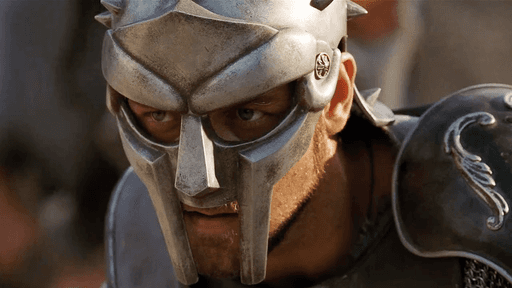
Maximus Decimus Meridius
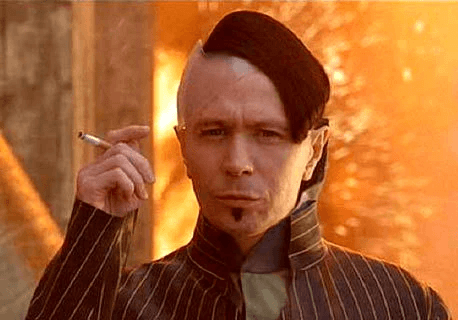
Jean-Baptiste Emanuel Zorg
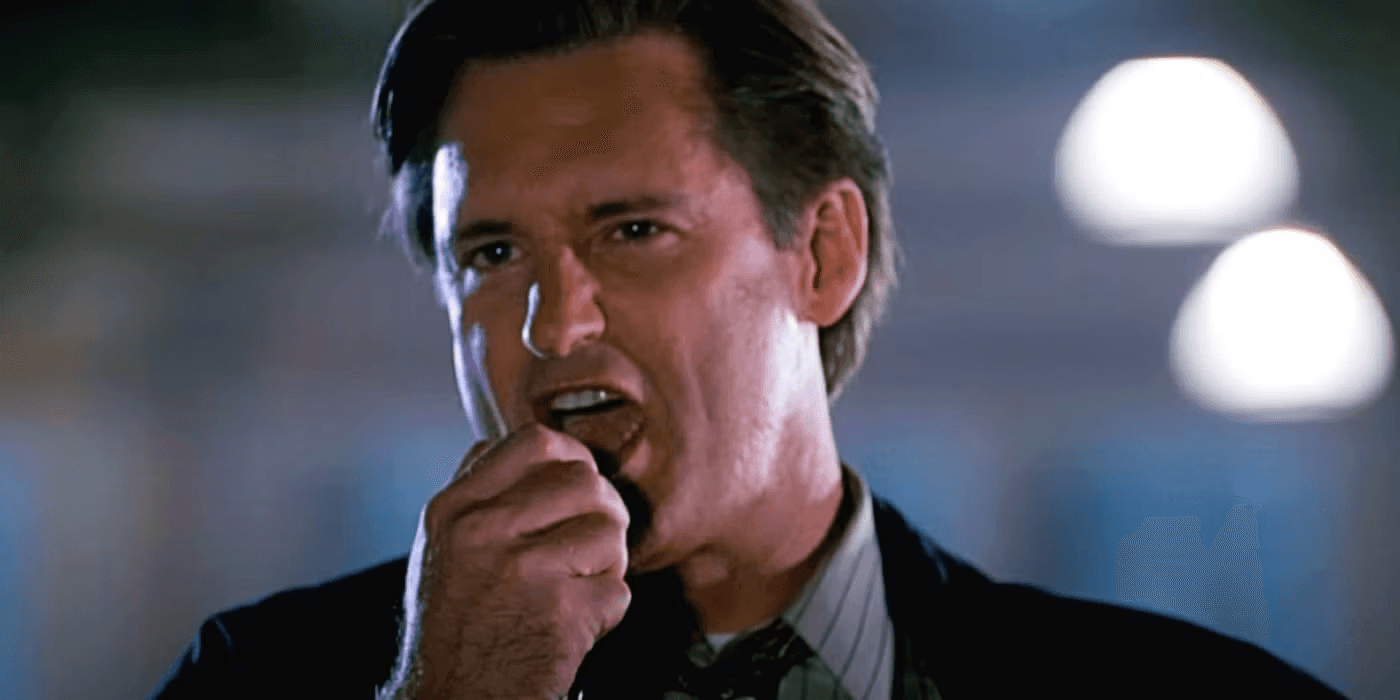
President Whitmore
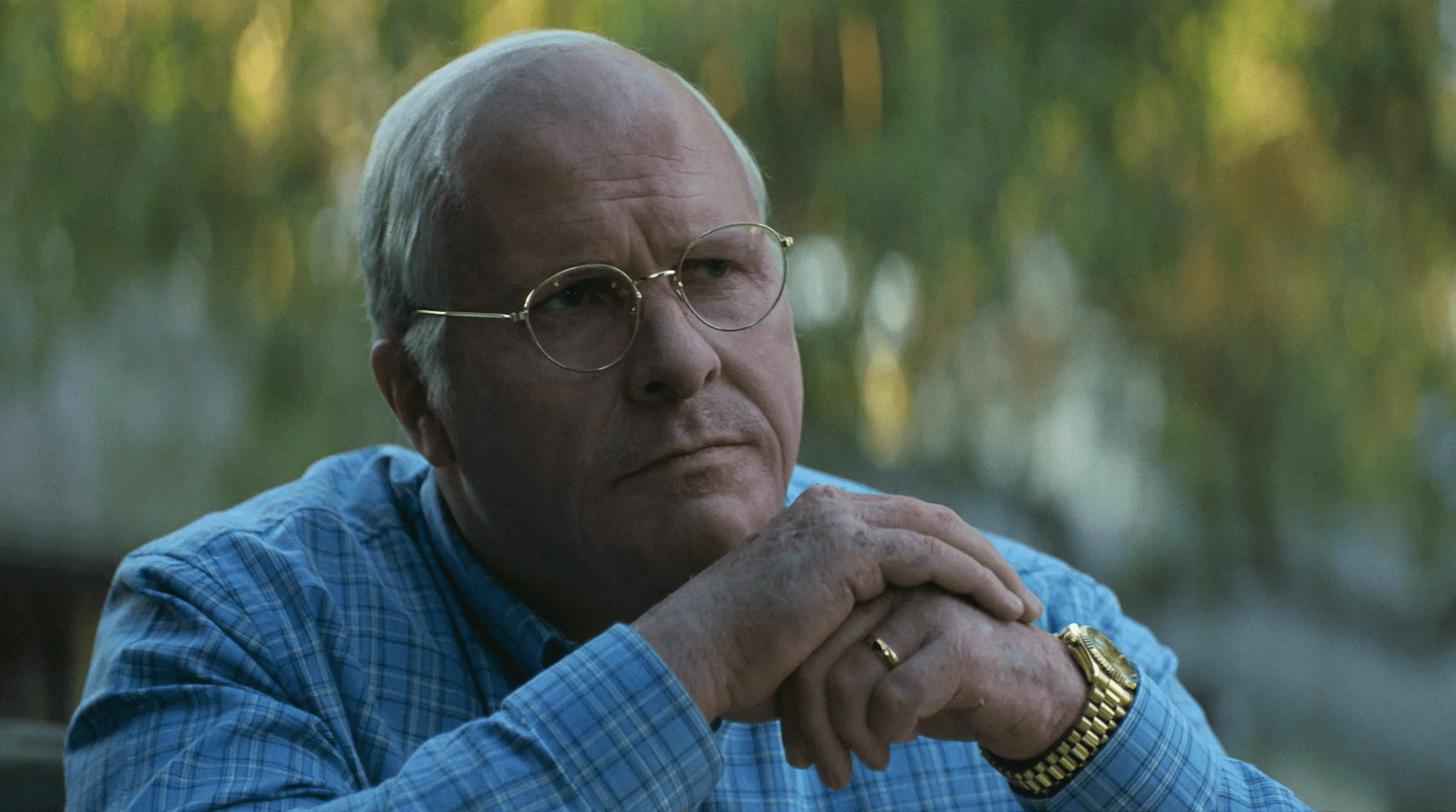
Dick Cheney
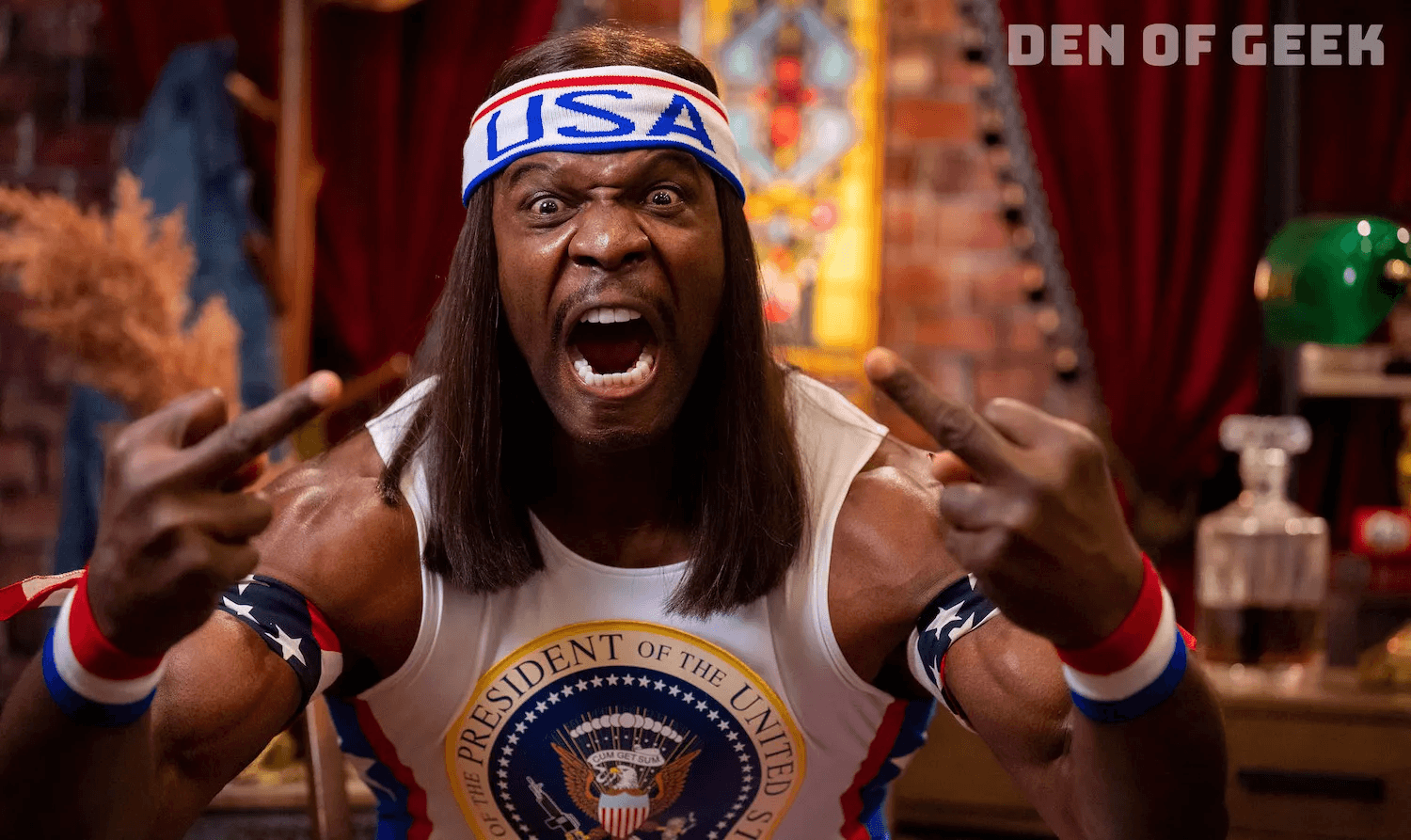
President Camacho
Loved by 1000+ world leaders
Weekly newsletter
Sunday service
Get the latest designer news, resources and more — delivered to your inbox every Sunday.

Maximus Decimus Meridius

Jean-Baptiste Emanuel Zorg

President Whitmore

Dick Cheney

President Camacho
Loved by 1000+ world leaders
More thoughts
Reading time:
3 minutes

How Can Designers Prepare for the Future?
Flat Design is Killing UX?
Feb 28, 2022
Design
Reading time:
3 minutes

How Can Designers Prepare for the Future?
Flat Design is Killing UX?
Feb 28, 2022
Design
Reading time:
3 minutes

How Can Designers Prepare for the Future?
Flat Design is Killing UX?
Feb 28, 2022
Design
Reading time:
3 minutes

The Rise of No-Code Tools: Empowering Designers or Diluting Skill?
Impact of no-code tools.
Mar 12, 2024
Design
Reading time:
3 minutes

The Rise of No-Code Tools: Empowering Designers or Diluting Skill?
Impact of no-code tools.
Mar 12, 2024
Design
Reading time:
3 minutes

The Rise of No-Code Tools: Empowering Designers or Diluting Skill?
Impact of no-code tools.
Mar 12, 2024
Design
Weekly newsletter
Sunday service
Get the latest designer news, resources and more — delivered to your inbox every Sunday.

Maximus Decimus Meridius

Jean-Baptiste Emanuel Zorg

President Whitmore

Dick Cheney

President Camacho
Loved by 1000+ world leaders
Thanks for stopping by.
Local weather:
Weekly newsletter
Sunday service
Get the latest designer news, resources and more — delivered to your inbox every Sunday.

Maximus Decimus Meridius

Jean-Baptiste Emanuel Zorg

President Whitmore

Dick Cheney

President Camacho
Loved by 1000+ world leaders
Thanks for stopping by.
Local weather:
Weekly newsletter
Sunday service
Get the latest designer news, resources and more — delivered to your inbox every Sunday.

Maximus Decimus Meridius

Jean-Baptiste Emanuel Zorg

President Whitmore

Dick Cheney

President Camacho
Loved by 1000+ world leaders
Thanks for stopping by.
Local weather:
Did my site
Impress you
hit different
or were you
not impressed
Sus Skill issue
What do you think?
Did my site
Impress you
hit different
or were you
not impressed
Sus Skill issue
What do you think?